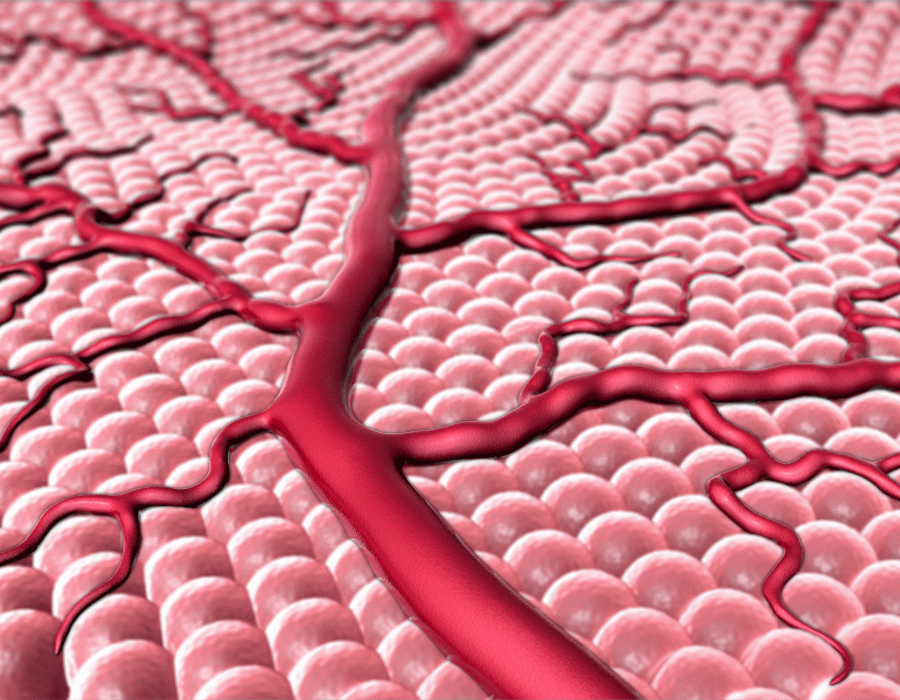Fitness and Performance
Top Tips to Fight Inflammation

Inflammation is a complex biological response that occurs in the body’s tissues as a response to harmful stimuli such as pathogens, damaged cells or irritants (Ferrero 2007). This article will focus on the inflammatory response to injury and chronic disease as well as some important nutritional advice.
Without inflammation, healing cannot occur, however, excess inflammation is unnecessary and harmful. As an athlete, you will have noticed some form of inflammation. Our Physiotherapist Rebecca Bossick and guest nutritionist James Cooper look into this.
Muscle Soreness
After intensive training and weight training, you will notice some soreness in the muscles for up to 72 hours. This occurs due to muscle damage especially following eccentric exercise and plyometrics. The immediate response is due to a change in the balance of calcium in the muscle and an influx of inflammatory molecules.
To improve your recovery after training you should try to train consistently. Gaps of more than 2-3 days between training can often lead to severe soreness. Try taking an ice bath after training for 15 minutes which will aid muscle repair. Trying sports massages after training sessions can help reduce inflammation and lactic acid. Our sports therapists at Bodyset can help you with your recovery after training sessions.
Traumatic Injury
Inflammation in traumatic injury can come in many forms these are some very common scenarios in the athletes life that may require medical attention.
A twisting knee injury while skiing can cause inflammation from meniscal damage or collateral ligament damage. An ankle sprain while running can cause inflammation from lateral ligament damage. Sprinting with explosive power can cause a hamstring tear leading to inflammation.
Direct impact to the outside of the knee while your foot remains on the floor such as from a player during a rugby game. This can cause immediate inflammation and bleeding into the knee from an ACL sprain. All of the above scenarios should be treated as serious and seeking your Physiotherapist or GPs advice is important. At Capital Physio we will be able to refer you on to an appropriate consultant if necessary.
Chronic Inflammation in Joints
Have you ever noticed your joints are more sore in cold weather or more stiff in the morning? Have you started getting knee or back pain since you hit your 50s? This is a sign of chronic inflammation and can be associated with osteoarthritis.
Osteoarthritis is a degenerative disease causing joint pain and stiffness and can affect any joint. The symptoms can vary but there are many people who struggle with everyday tasks because of it. People often notice it’s harder to get out of bed in the morning, knee soreness after sitting prolonged periods. They may find reaching above their head to kitchen cupboards is now painful.
Although osteoarthritis cannot be cured your Physiotherapist can help you manage the pain from the inflammation and give you advice for strategies to improve your function in normal activities of daily living. Your Physiotherapist can help you to monitor your symptom progression and create a management plan for your condition.
Nutrition to Fight Inflammation:
Healthy Heart
Trans-fatty acids and hydrogenated fats have been shown to significantly increase cardiovascular inflammation and cholesterol which can lead to cardiovascular disease, increased risk of stroke or heart attack (Teng et al. 2007). Trans-fatty acids and hydrogenated fats would include products such as margarine. These fats disrupt your bodies ability to process good fats such as omega-3 fatty acids. It is important to replace these omega-3 fatty acids to reduce inflammation. These are found in oily fish such as mackerel, herring or for vegetarians in plant oils such as walnut, algal oil, flaxseed oil and hemp oil. Taking fish oils daily as a supplement can increase the quantity you are taking. Always consult a nutritionist before taking supplements.
Taking Magnesium
A deficiency in magnesium can lead to an increase in C reactive protein concentration which is the same reaction that occurs with an increase to trans-fats. Optimal magnesium levels are linked to lower levels of inflammation which in a study of chronic kidney disease patients also linked to lower death rate (King 2009).
Magnesium can be taken as a supplement or can be found in dark leafy greens such as raw spinach or nuts and seeds such as squash and pumpkin seeds. It can also be taken as a single supplement or as part of a combined supplement such as ZMA. (www.bodybuildingwarehouse.co.uk-Pure Zinc magnesium and viamin b6). You could try taking magnesium trans-dermally (through the skin) you could try putting magnesium flakes in the bath
Nutritionist : James Cooper – Jamescooper90@msn.com
References
Ferrero-Miliani L., Nielsen OH., Andersen PS., Girardin SE., Nielsen, Andersen, Girardin. (2007) ‘Chronic inflammation: importance of NOD2 and NALP3 in interleukin-1beta generation’ Clin. Exp. Immunol. 147 (2)
King, D. (2009) ‘Inflammation and Elevation of C-Reactive Protein: Does Magnesium Play A Key Role?’ Magnesium Research 22 (2), 57-59
Teng, K., Voon, P., Chend, H., Nesaretnam, K. (2010) ‘Effects of Partially Hydrogenated, Semisaturated and High Oleate Vegtable Oil on Inflammatory Markers and Lipids’ 45(5), 385-392